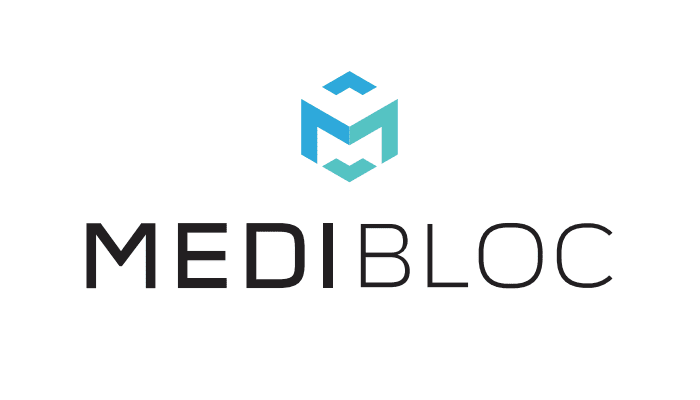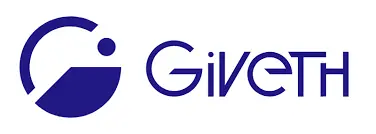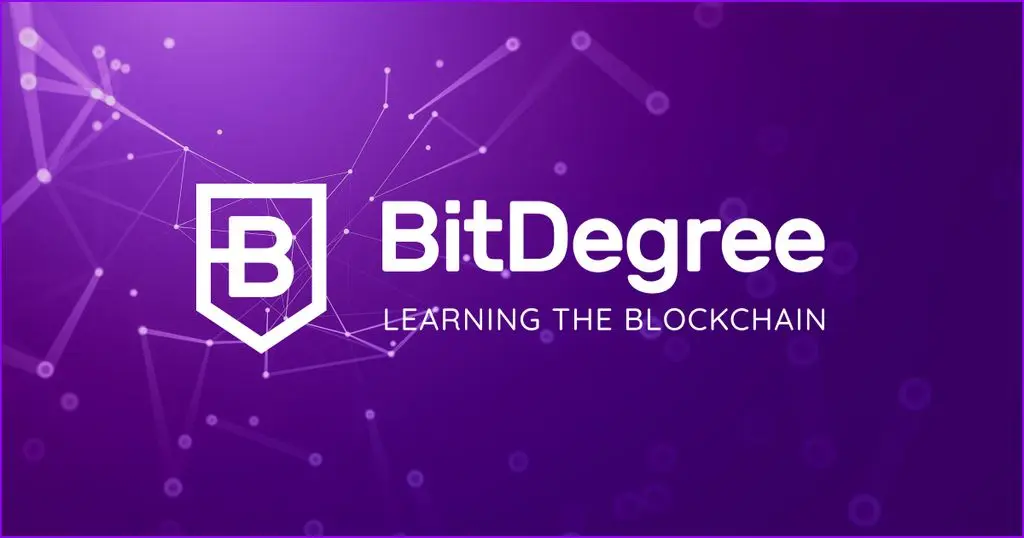How Crypto-Friendly Policies Could Transform Healthcare and Education is a question governments and institutions are beginning to address with urgency
By adopting these policies, the healthcare and education sectors can undergo a profound transformation, paving the way for systems that are more efficient, accessible, and transparent.
This article explores how crypto-friendly policies can transform funding mechanisms, streamline payment systems, enhance data security, and improve accessibility in healthcare and education.
Understanding Crypto-Friendly Policies: What Are They?
Understanding the basics of How Crypto-Friendly Policies Could Transform Healthcare and Education is the first step.
These are rules and guidelines made by the government to help people use and combine cryptocurrency and blockchain technology in many different areas.
Governments want to use the power of cryptocurrency to promote innovation, openness, and speed by making the law more friendly to it.
Around the world, places like El Salvador and Switzerland have done a lot to make their laws more crypto-friendly.
El Salvador’s decision to make Bitcoin legal currency has helped more people get access to money, and Switzerland’s “Crypto Valley” program has brought blockchain-based startups to the country, which have changed fields like healthcare and education.
According to study on blockchain’s use in healthcare, open and unchangeable data systems can cut down on mistakes, save money, and improve patient outcomes. This shows how policies like these can truly change things.Lockchain makes it safe to store and share academic credentials, which makes the verification process easier for schools and jobs.
Several studies have shown that blockchain and cryptocurrencies can speed up processes and make them easier for people in all kinds of fields to access.
Crypto-friendly policies make it possible for big changes to happen in both healthcare and education by encouraging these kinds of progress.
The Role of Crypto in Healthcare
Regarding How Crypto-Friendly Policies Could Transform Healthcare and Education, the healthcare industry offers a convincing response.
By strengthening data security, enhancing payment methods, and therefore improving access to medical treatments, cryptocurrencies and blockchain technology are ready to transform healthcare. They comprise;
- Improved Payment Systems and Microtransactions
- Better Healthcare Access and Financing
- Enhanced Security and Data Privacy
Improved Payment Systems and Microtransactions
Faster, cheaper, borderless payments made possible by cryptocurrencies help to solve problems such excessive transaction costs and delays in international medical billing.
For instance, direct payments for treatments are made possible by crypto-based platforms like MediBloc, therefore enabling patients to avoid conventional banking institutions.

For cross-border treatment, where middlemen can add major expenses, these approaches are especially helpful. Reducing such overheads helps crypto guarantee faster access to medical treatments and streamlines the payment procedure.
Better Healthcare Access and Financing
In areas lacking strong banking infrastructure, cryptocurrencies offer substitute means of financing for healthcare. A rising trend allowing individuals to generate money for pressing medical needs is crowdsourcing through bitcoin donations.
For example, Giveth uses blockchain to provide open and effective contribution systems that guarantee funds get to the intended beneficiaries free from bureaucratic delays. In underprivileged areas, this strategy can help to close healthcare financing gaps and improve health outcomes.

Enhanced Security and Data Privacy
Unmatched security for patient records provided by blockchain technology addresses medical fraud and data breaches problems.
Medicalchain and other blockchain technologies offer tamper-proof health data management, therefore allowing safe medical information interchange between providers and preserving patient privacy.

Adopting such solutions helps healthcare facilities greatly lower fraud rates and improve patient-provider confidence.
The Role of Crypto in Education
How Crypto-Friendly Policies Could Transform Healthcare and Education is evident in the education sector, where cryptocurrencies and blockchain technology are creating new opportunities for accessibility, affordability, and trust. They include;
- Cryptocurrency as a Payment Option
- Access to Education in Developing Regions
- Blockchain for Credential Verification
- Incentivizing Learning with Crypto Rewards
- Decentralized Learning Platforms
Cryptocurrency as a Payment Option
Educational institutions, particularly those catering to international students, are increasingly considering cryptocurrencies like Bitcoin and Ethereum as payment options for tuition fees.
This approach eliminates the need for expensive currency exchanges and reduces transaction fees. For example, the University of Nicosia in Cyprus accepts Bitcoin for tuition payments, setting a precedent for how crypto-friendly policies can ease financial transactions for students across borders.
Online learning platforms like BitDegree also embrace crypto, making education accessible to a global audience.

Access to Education in Developing Regions
Crypto-friendly policies can significantly reduce financial barriers to education in countries with unstable currencies or inadequate banking infrastructure.
Scholarships and donations funded through cryptocurrencies offer a transparent and efficient way to support students in need. Platforms like AidCoin and Binance Charity Foundation enable donors to contribute directly to education projects, ensuring that resources reach the intended recipients without intermediaries.
These initiatives can help bridge educational gaps in underserved regions, fostering equality and growth.
Blockchain for Credential Verification
Blockchain technology is revolutionizing how degrees and certifications are issued and verified, combating credential fraud and increasing trust in the hiring process.
Universities such as MIT have already implemented blockchain-based solutions to issue digital diplomas that are tamper-proof and easily verifiable by employers. This innovation not only simplifies credential verification but also enhances the credibility of academic qualifications globally.
Incentivizing Learning with Crypto Rewards
Blockchain and cryptocurrencies are increasingly being used to incentivize students to engage in learning activities.
Platforms like BitDegree reward students with tokens for completing courses or achieving academic milestones.
These tokens can be traded, redeemed for further learning opportunities, or even converted into fiat currency, creating a gamified and rewarding educational experience.
This approach motivates students and bridges the gap between education and the evolving crypto economy.
Decentralized Learning Platforms
Blockchain-enabled decentralized learning platforms are transforming how education is delivered.
These platforms eliminate the need for intermediaries, allowing educators to connect with students directly.
For example, Odem.io uses blockchain technology to provide a decentralized marketplace for education, where students can pay educators directly using cryptocurrency.
This model reduces costs for both parties and ensures global access to high-quality education.
Case Studies: Crypto-Friendly Policies Making a Difference
Case examples showing how forward-looking policies have resulted in real-world benefits help to illustrate how crypto-friendly policies could transform healthcare and education.
Case Study 1: Healthcare in Estonia

Leader in digital innovation, Estonia has included blockchain technology into its healthcare system to show how crypto-friendly policies enhance results.
By means of its e-Health system, Estonia ensures data privacy by means of patient records kept on a blockchain platform, therefore eradicating fraud. Moreover, overseas patients undergoing treatment can pay with cryptocurrencies, therefore facilitating quicker and more affordable transactions.
In medical tourism, where simplified payment systems improve patient experiences and lower financial obstacles, this method is very beneficial.
Case Study 2: Education at the University of Nicosia

Leading innovator in including cryptocurrencies into education, the University of Nicosia in Cyprus has accepted them as a payment source for tuition.
Using Bitcoin allows students from anywhere around the world to pay for courses, therefore removing the complications of foreign bank transfers and currency conversion.
The university also grants blockchain-based diplomas, which let graduates securely share their credentials and help companies instantaneously check them. Students gain from its acceptance as well as from it setting a standard for other colleges to follow.
Challenges to Implementing Crypto-Friendly Policies
Though How Crypto-Friendly Policies Could Transform Healthcare and Education has great promise, certain issues have to be resolved if we are to completely fulfill this vision.
Regulatory Hurdles
Developing a clear and fair legal framework for cryptocurrencies and blockchain technologies presents major difficulties for governments.
In healthcare, for example, it is difficult to guarantee adherence to privacy regulations including GDPR while using blockchain for patient records.
Likewise in education, allowing crypto payments for tuition or blockchain-based credential validation calls for close coordination with financial and legal systems. Absence of consistent worldwide standards adds more difficulty in adoption across boundaries.
Security Concerns
Although blockchain technology provides improved security, a major concern still is the possibility of cyberattacks on platforms, exchanges, or crypto wallets.
While in education cyber-attacks against blockchain-based credential systems could cause academic trust to be disrupted, in the healthcare industry breaches could expose sensitive patient data. Reducing these hazards depends on strong cybersecurity policies development.
Public Awareness and Trust
Concerning using cryptocurrency and blockchain, traditional industries including education and healthcare sometimes struggle with mistrust.
While parents and students would hesitate to utilize bitcoin for payments, given issues about volatility and usage, patients may worry about handing their health records to blockchain.
Overcoming these obstacles depends on developing confidence via open communication and knowledge.
Technical Barriers
Adoption of crypto-friendly policies calls for large technical knowledge and infrastructural investment.
From adding blockchain technologies into current healthcare systems to teaching managers in colleges, the technical requirements are really high.
Particularly developing countries struggle to create the required technological basis to enable such breakthroughs.
Conclusion
How Crypto-Friendly Policies Could Transform Healthcare and Education has been demonstrated through their potential to revolutionize payment systems, enhance access, secure data, and provide innovative solutions in both sectors.
From allowing flawless cross-border payments in healthcare to providing fresh financing choices for school and verifying credential authenticity, cryptocurrencies and blockchain technology are transforming established processes.
Policymakers, teachers, and healthcare practitioners all have to investigate and welcome these transforming opportunities as we gaze ahead.
Adoption of crypto-friendly policies calls for careful regulation, infrastructure investment, and public confidence building; the benefits—greater efficiency, accessibility, and transparency—are well worth the work.
FAQs
What are three examples of how blockchain is being used in healthcare?
Blockchain is being applied in healthcare to handle patient records securely, therefore enhancing data privacy and lowering fraud risk.
Tracking pharmaceutical supply chains also helps to guarantee the accuracy of medical data and stop counterfeit pharmaceuticals.
Finally, especially in foreign medical treatment, blockchain is simplifying billing and payments by allowing speedier, borderless transactions.
How will blockchain transform the healthcare ecosystem?
By guaranteeing transparency in healthcare transactions, enhancing data security, and thereby lowering fraud, blockchain has the ability to transform the healthcare industry.
It gives real-time access to medical data across several healthcare providers and lets patients record securely, tamper-proof notes.
Moreover, it can simplify payment methods, so lowering expenses and removing middlemen, so improving patient care.
Why have many healthcare entities been hesitant to accept cryptocurrencies as a form of payment?
Concerns about regulatory ambiguity, price volatility, and consumer ignorance have many healthcare organizations reluctant to embrace cryptocurrency.
Many healthcare practitioners are wary of using cryptocurrency due to the lack of consistent frameworks for crypto transactions and possible hazards like cybersecurity concerns and compliance difficulties with financial laws.
How is blockchain used in education?
Blockchain is applied in education to provide tamper-proof digital credentials and certificates, therefore enabling simpler academic credential validation and lower credential fraud risk.
It is also utilized in distributed learning systems, which let teachers and students conduct direct transactions, and in providing blockchain-based scholarships or donations, thereby improving access to education all around, particularly in underdeveloped areas.



